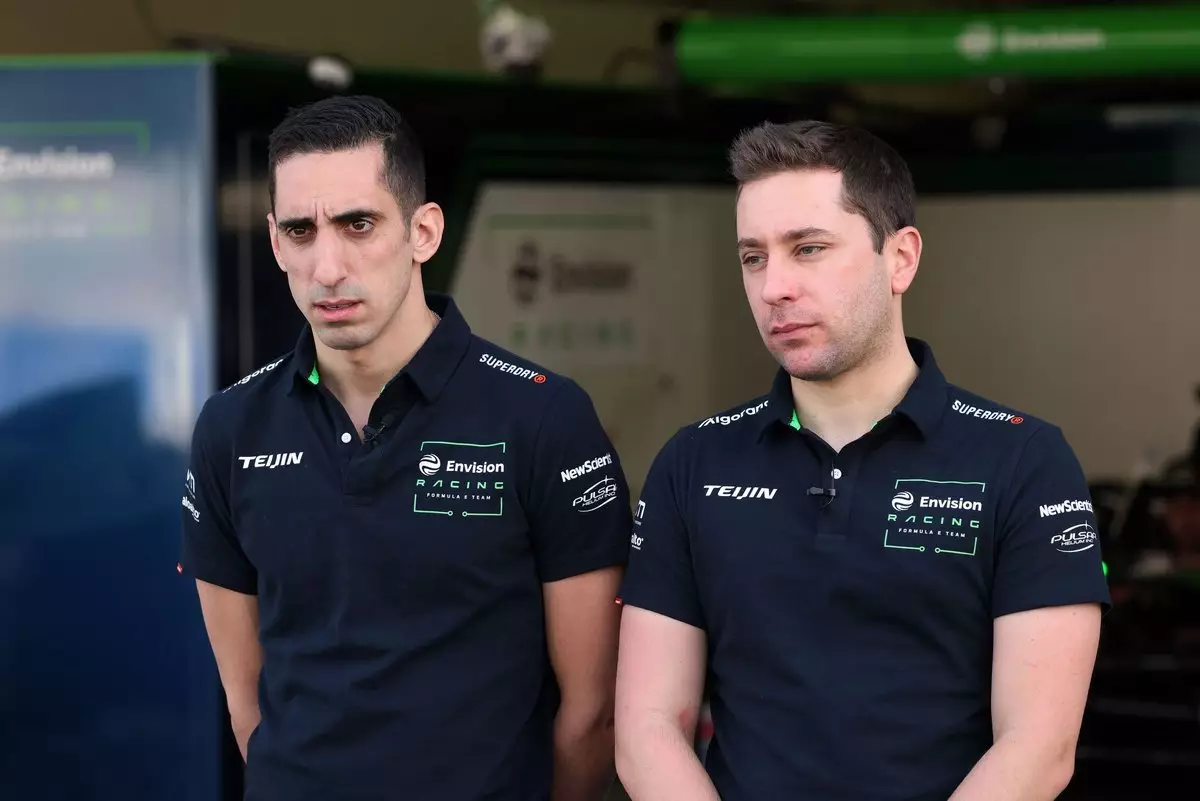The FIA regulation regarding the Formula E race in Berlin has caused quite a stir among drivers who are competing in both the Formula E and WEC championships this season. The regulation, which prohibits drivers from switching teams between the two races held on the same weekend, has put several drivers in a tough spot. The dual-programme drivers, including the likes of Sebastien Buemi, Robin Frijns, Jean-Eric Vergne, Stoffel Vandoorne, Nyck de Vries, Edoardo Mortara, and Nico Muller, are facing a dilemma due to the conflicting schedules of the two championships.
The FIA’s strict stance on the regulation has led to frustrations among teams and drivers alike. Many drivers have expressed their disappointment regarding the inability to participate in both races without unanimous consent from all 11 teams. The situation has prompted discussions and debates within the motorsport community about the impact of such clashes on the overall competitiveness and excitement of the championships.
Some drivers, such as Jean-Eric Vergne and Stoffel Vandoorne, have already made it clear that they would prioritize the Formula E race in Berlin over the WEC event in Belgium. This decision highlights the significance of the Formula E championship for drivers and teams, raising questions about the future of dual-programme drivers in the face of overlapping calendars. The dilemma faced by these drivers underscores the complexities of participating in multiple racing series simultaneously.
The clash between the Formula E and WEC calendars is not an isolated incident, as similar conflicts have occurred in the past. The lack of coordination between the two championships has raised concerns about the sustainability of dual-programme drivers and the overall integrity of the sport. The ongoing discussions and negotiations regarding the regulation reflect the broader challenges facing motorsport in terms of scheduling, participation, and audience engagement.
As the deadline for the electronic vote approaches, the motorsport community eagerly awaits the outcome of the decision. The resolution of the regulation will have far-reaching implications for drivers, teams, and fans alike. The evolving landscape of motorsport, characterized by overlapping calendars and conflicting schedules, underscores the need for greater collaboration and communication between different racing series. The clash of the Formula E and WEC calendars serves as a poignant reminder of the complexities and challenges inherent in modern motorsport.


Leave a Reply